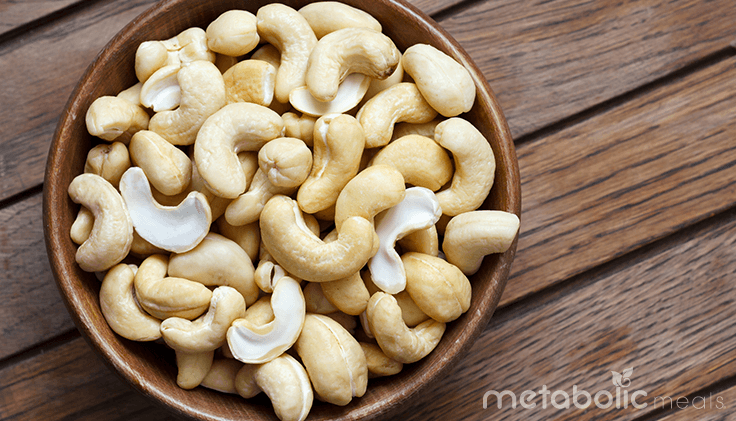Even when you’re in peak mental and physical shape, life is full of challenges — whether you’re working overtime for a new deal at work or carrying an exhausted child home from the playground. When compounded by symptoms of chronic fatigue syndrome, however, these typical challenges can feel next to impossible.
CFS is an especially intense fatigue that affects an estimated 1 million people in America, though only 20 percent are diagnosed. The disorder can make even your favorite activities a painful chore, impacting your relationships, career, financial responsibility, self-image, and overall quality of life.
Tasks as innocent as helping children with their homework, coaching weekend soccer games, and engaging with friends can feel mentally and physically draining. If the fatigue disrupts your ability to perform at work, your financial stability can suffer. Exhaustion and pain can begin to show in your physical appearance, and the time it takes to accomplish simple daily tasks can affect your self-esteem.
The consequences of CFS are well-known, but the exact causes of the condition are not. Nevertheless, experts know enough to understand what dynamics can contribute to chronic fatigue, and in many cases, those dynamics can be addressed with a few dietary changes.

Intricate Routes That Lead to CFS
Like many health problems, chronic fatigue can be influenced by genetics, making some people more predisposed than others to the disorder. Lifestyle and environmental factors combine with genes to trigger the onset of symptoms, creating many potential interacting route “causes.”
For example, clinical studies have linked CFS with exposure to, or chronic infections from, pathogens like the herpes virus, mold, and mycotoxins (toxins produced by fungi). Different types of stress also influence CFS by affecting hormone balance. Chronic emotional, post-traumatic, and physical stress can wreak havoc on your body’s hormones, including the steroid hormone cortisol.
As chronic stress or infection changes your hormone balance, it also affects your immune system. Some studies have shown that, during the onset of CFS, the immune system can appear stuck in overdrive. Eventually, this wears your immune system out, making it weaker and less able to manage stress and fight infection.
The defining symptom of CFS is a draining fatigue that cannot be alleviated with rest and that intensifies after any physical or mental exertion. Other symptoms can include muscle and joint pain, headaches, and mental fogginess that makes it difficult to focus, think clearly, or remember things accurately. When these symptoms persist for several months, they may be indicative of chronic fatigue syndrome.
Food and Fatigue

The relationships linking CFS to immune function, pathogen exposure, stress, and hormone balance are complex. What stands out among them all is that each factor can be modified through healthy dietary choices. Certain foods boost immune function, while others trigger inflammation. Others contain antioxidants that fight oxidative damage and aid muscle recovery, brain function, and memory.
Virtually all foods influence blood glucose, insulin response, and cortisol production to some degree. Some scientists believe that regulating these factors, especially during the onset of CFS, can improve people’s chances of overcoming the disorder. The best way to do that is with more energy-rich, immune-boosting ingredients and fewer low-quality, processed foods.
One of the best recipes for battling CFS — and for improving your health in general — is to include a wide variety of healthy, unprocessed foods in your diet. People who are trying to overcome chronic fatigue can particularly benefit from these dietary tips:
1. Eat More Immune-Boosting Foods

Feed your immune system foods that promote its function. For instance, garlic contains organosulfur compounds that stimulate infection-fighting cells. Cultured butter, natural yogurt, and kefir contain probiotics that discourage pathogen growth and support gastrointestinal health. Clams, poultry, and lean meats offer plenty of essential iron, and ginseng tea revs up antibody production.
For healthier snacks, grapes (including their seeds) provide the antioxidant resveratrol to strengthen inflammation-fighting white blood cells. Strawberries and bell peppers are high in vitamin C, which also boosts white cell production.
2. Add Enough Protein

Include enough protein — at minimum, half a gram per pound of bodyweight — to satisfy your body’s need for strength and energy. High-quality protein such as wild-caught salmon, free-range poultry, and grass-fed beef provide amino acids that play a vital role in recovering from illness.
Protein also builds muscle fibers (including heart tissue), as well as hemoglobin, immune system cells, hormones, and much more. It’s also a valuable source of energy, helping you feel satisfied longer and keeping your metabolism up.
3. Keep a Low Glycemic Index
Regulate your blood sugar and normalize your insulin response more effectively by maintaining a low GI diet. Along with healthier weight management, this normalization is important in preventing and overcoming CFS. This means avoiding refined grains, processed foods, sugary drinks, and artificial sweets.
4. Eat Nutritious Meals and Snacks Regularly

Eat healthy meals and snacks at regular intervals — consider even setting an alarm on your phone to remind you it’s time to eat. When you’re fatigued, it can be easy to pass up a meal, but this is the last thing your body needs. Skipping meals because of CFS can make you more prone to blood sugar crashes that leave you irritable, dizzy, exhausted, and craving more sugar, thus continuing the blood sugar roller coaster.
5. Get Help With Your Meals

Make eating healthy easier by having a professional chef or healthy meal delivery service plan, prepare, and deliver meals that accommodate your dietary needs. The stress of meal planning, grocery shopping, and cooking is the last thing you need when overcoming a health problem. If a delivery service is not an option, ask a family member or close friend to help you with the preparations.
When chronic fatigue strikes, it can plague every aspect of your lifestyle. Fortunately, you can gain back your health, energy, and quality of life by feeding your body what it needs to maintain its strength and vitality.






